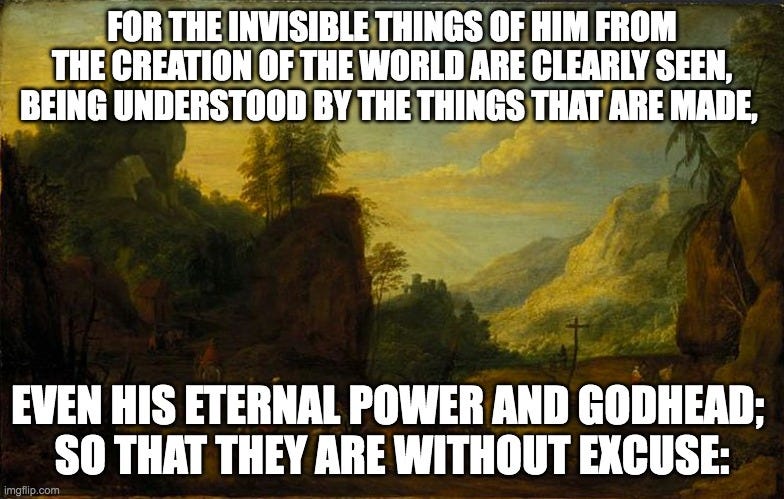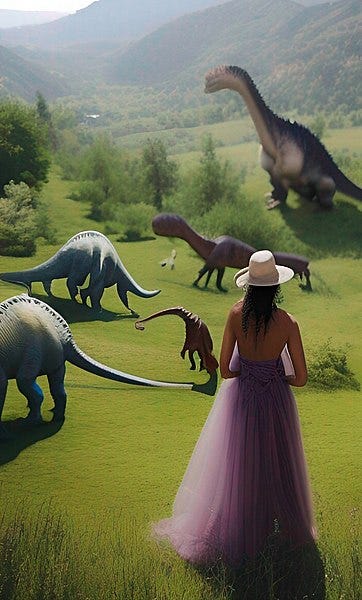Far too often the concept of natural selection is seen more as a magical genie than a serious scientific, and specifically mathematical, concept. They act as if every possible advantage arrived at through a mutation will be selected for and passed down to the future. There are several problems with this idea. Several huge problems.
Random chance
Let's suppose that by some miraculous chance, some beneficial mutation was produced in a new baby something somewhere. We don't know what or where or even when because 10 minutes after this child was born, a local predator grabbed the child from its mother and took it off to its den for a little snack
What happened to this wonderful mutation? It's lost in the stomach of the predator. It can't be selected for because of some slight advantage while it's being digested.
Flood, fire, famine, warfare... All of these can work indiscriminately and despite any particular small (or even less than superpower) advantage. We often think of an advantageous mutation as already being distributed over a large, diverse population; and then picture its advantage leading to slight statistical advantage advances resulting eventually in the mutation being the standard for the population.
But every mutation must happen at a single point. As any engineer will tell you, single-point design leads to single-point failure. Either the individual or the group they are part of cancer suffer a disaster that can stop any new mutation in its tracks ellipses, regardless of how beneficial any new mutation is.
Lost in the shuffle
Another issue that needs to be taken into account in the progress of a beneficial mutation to its role in the larger population is that a single beneficial mutation is never the only thing that separates an individual from the population it is part of. Each individual consists of thousands of different traits, each of which contributes to the success or failure of the individual organism.
This means that for every individual, the presence of this beneficial mutation would have far, far less influence than one might think. Imagine rolling a thousand dice, one of which always comes up a six. Statistically speaking, that is an advantage. A gambler would be pleased to have that die.
But not too pleased. Using regular dice, the average role of the others in the same population would be 3.5. The average role for our newly mutated set of dice would be 3.5025.
This point is very similar to the previous point but comes from the opposite direction. Even assuming that the beneficial mutation can make its voice heard over the noise of all of the other traits, how loud is the voice? How beneficial is that mutation?
Every organism faces challenges in its life on its way to reproducing and passing on its genes. Predators, disasters, other members of the population, all of these can stand in the way of a mutation being passed on. The population of any organism do not face uniform challenges. Populations, sub-populations, and individuals each face different challenges, different environments, and different histories.
This means that an individual with a beneficial mutation cannot rise to the top merely by being better than the great mass of others in his group. It, like all other organisms, must survive its environment in the face of extremely variable dangers. A lesser organism might survive, while a more fit organism might not.
Conclusion
This standard view of natural selection is exceedingly naïve. Even given the miracle of a favourable mutation, it is incredibly unlikely that that will lead to success in passing on that mutation to future generations.





Well mutations and viral recoding of DNA/RNA are the only mechanisms I know of for organism variation over time. Are you saying that RANDOM mutation plus natural selection couldn't have created the species variety we see today? Or are you advocating some kind of Lysenkoism? The former project I'm receptive to, the latter less so. I'm no biologist though... just an office worker with a library card
I remember an interesting book awhile back 'Shattering the Myths of Darwinism'. It seems like you and that author are camping in the same alley.